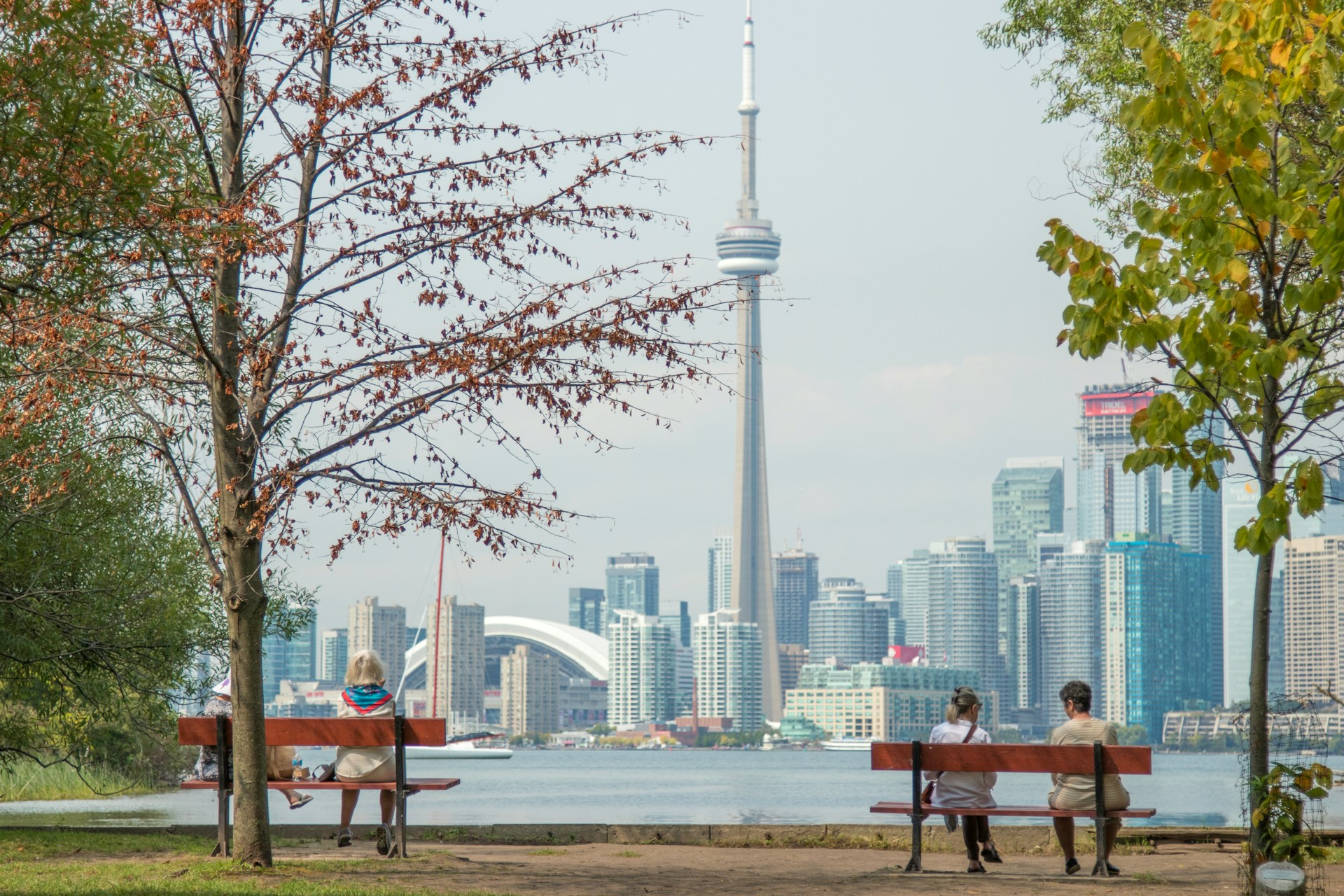Statistics on the cost of studying for a Master’s degree in the UK for 2024 have been revealed.
This article will provide an in-depth analysis of the actual cost components of living in the UK.

Expenses for studying in the UK vary depending on the country, school, speciality, region and other factors. Therefore, it is difficult to give a uniform figure. Moreover, different people have different living standards, consumption habits and study needs. It further increases the difficulty of determining the expenses of studying abroad.
However, it is possible to analyse the everyday expense items of international students. Get a general idea of the expenses of studying abroad.
01
Tuition
One of the major expenses of studying abroad is tuition fees.
Especially for international students, tuition fees are usually much higher than for local students. Masters programmes in the UK are generally one-year programmes (12 or 15-month programmes). However, there are a few two-year programmes.
Therefore, it is important for students to be clear about the length of study when applying.
Generally speaking, the tuition fees for humanities and social sciences majors are relatively low. On the other hand, the tuition fees for business, medical and art majors are higher. This is because some majors require higher investment in equipment, laboratories and other resources.
The higher ranked the university, the more expensive the fees are generally. Universities in large cities, such as London, are generally more expensive than other areas.
| Universities | World Rankings | UK Rankings |
|---|---|---|
| University of Cambridge | 2 | 1 |
| University of Oxford | 3 | 2 |
| Imperial College London | 6 | 3 |
| University College London | 9 | 4 |
| University of Edinburgh | 22 | 5 |
| The University of Manchester | 32 | 6 |
| King’s College London | 40 | 7 |
| London School of Economics and Political Science | 55 | 8 |
| University of Bristol | 67 | 9 |
| The University of Warwick | 75 | 10 |
If you value value for money in studying, you can choose universities outside London, such as Coventry and Durham.

If you want to reduce the financial pressure, you can apply for scholarships from UK universities.
The average scholarship ranges from £5,000 – £12,000 in amount. There are also a few scholarships that exempt students from paying tuition fees for the whole year.
02
Rent for a Room or House
Rent is the second biggest expense of studying in the UK. At the same time, it is also the main place where the cost of studying abroad pulls the rug out from under you. In other words, to save money, you need to put some effort on rent.
International students in the UK basically have to rent a room. Rent is calculated on a weekly basis, and the average postgraduate student rents for 52 weeks.
According to the December 2023 UK rent data, the overall UK rent, is about £1,254/month. After London, rents average £1,067/month. The better, newer and bigger the location of the house, the more expensive it will be.
| Ranking | Top UK Colleges for International Students | No. of International Students |
|---|---|---|
| 1 | University College London | 14560 |
| 2 | The University of Manchester | 11460 |
| 3 | The University of Edinburgh | 9380 |
| 4 | The University of Sheffield | 8525 |
| 5 | Coventry University | 8320 |
| 6 | King’s College London | 8155 |
| 7 | University of Liverpool | 7710 |
| 8 | University of Leeds | 7690 |
| 9 | University of Birmingham | 7550 |
| 10 | University of the Arts London | 7240 |
| 11 | Cardiff University | 7190 |
| 12 | The University of Warwick | 6880 |
| 13 | Imperial College London | 6770 |
| 14 | University of Nottingham | 6630 |
| 15 | University of Glasgow | 6550 |
| 16 | University of Oxford | 5870 |
| 17 | London School of Economics and Political Science | 5820 |
| 18 | Newcastle University | 5455 |
| 19 | City, University of London | 5205 |
| 20 | University of Bristol | 5200 |
As early as possible after acceptance, on the school’s website or system, find out in advance about the cost and details of the flat and agree on it. And further, define the student flat.
The advantage is that it can be included in the water and electricity grid and some public services, and all students are relatively safe. Moreover, the price of a student flat is £200-300 per week.
03
Cost of Living (Excluding Rent)
Generally speaking, everyday life in a big city will cost around £700-£1000 per month. If you are concerned about quality of life, it goes up and up.
If you order take-out or eat often, the expenses are relatively high. Cooking for yourself is more affordable.
It’s entirely possible to cook for yourself and control the cost of your ingredients for around £300-400 a month.
04
Transport
The UK has a very good public transport system.
Travelling within the UK, one can reach different destinations by taking trains, buses and planes.
For travelling within the cities, one can choose to travel by bus, metro, trams and taxis.
All modes of transport
1. Underground: All major cities in the UK have an underground system, including the London Underground, Manchester Underground and Birmingham Underground. The stations of the underground are usually located in the city centre or the main commercial centre of the city, and it is one of the main ways of transportation within the city.
2. Bus: The bus system in the UK covers a wide area, connecting major attractions and commercial centres both inside and outside the city. Bus service times and fares may vary from city to city. However, most cities offer cheap city passes.
3. Trains: The UK’s train system covers the whole country and connects cities to each other. It is also one of the main modes of transport to the suburbs and countryside. Train ticket prices vary according to time and distance. They can be purchased in advance for a better price.

4. Trams: Some cities in the UK have tram systems, such as Manchester, Sheffield and Birmingham. Tram stops are usually around the city’s main business centres and tourist attractions.
5. Ferry: Ferry is one of the most important modes of transport in the UK as it is an island nation. Ferries connect the various coastlines of the UK with Ireland, France and other European countries. They provide access to many seaside resorts and tourist attractions.
On the other hand, transport in the UK is not cheap. We recommend getting an Oyster Card and tying it to a Railcard, which will give you a 70% discount. The transport cost is almost £80-150 a month.
FAQs of Cost of Living in the UK
Is the cost of living in the UK higher than in other European countries?
The cost of living in the UK can indeed be higher compared to many other European countries. Housing, in particular, is a significant expense, especially in London and other major cities. However, this is balanced by the UK’s robust economy and relatively higher average salaries, which can mitigate the impact of these costs for many residents.
How can I save money as a student in the UK?
Embrace your student status to the fullest by utilising student discounts available on travel, shopping, entertainment, and restaurants. Consider shared living arrangements to reduce accommodation costs and engage in meal planning to decrease food expenses. Buying second-hand textbooks or using the library can significantly cut down on academic costs. Lastly, many students find part-time work or internships that align with their studies to supplement their income.

How much can I expect to pay for tuition in the UK?
Tuition fees in the UK will vary greatly depending on whether you opt for a university programme in England, Wales, Scotland, or Northern Ireland, as well as whether you’re a domestic or international student. On average, UK students can expect to pay up to £9,250 per year, while international student fees can range from £10,000 to over £30,000 annually. It’s crucial to check with your chosen institution to receive the most accurate estimation.
Are there any financial supports available for students?
Absolutely. Various scholarships, grants, and bursaries are available to students in the UK to help offset the cost of tuition and living expenses. The UK government also offers student loans that cover tuition fees and living costs, which are repayable after graduation and once you earn above a certain threshold. Additionally, universities offer their own financial assistance programmes to support students in need.
How does the cost of living vary across the United Kingdom?
There’s considerable variation in the cost of living throughout the UK. Generally, urban areas, particularly London, are more expensive than rural regions. Scotland, Wales, and Northern Ireland often offer more affordable living costs compared to England. Cities like Manchester, Birmingham, and Glasgow provide a middle ground, combining vibrant lifestyles with more manageable living expenses.







